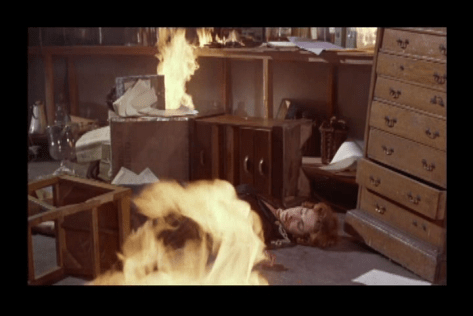A bit of a grab bag while I finish up the March 1961 Analog:

There was a rather unusual Soviet launch yesterday. We're calling it Sputnik 7 for lack of a better term, but it is still unclear just what the seven-ton satellite is supposed to be doing. It is bigger than the capsules it has orbited before, the ones that carried dogs and mannequins. It is also, apparently, not designed to reenter. At least, it hasn't, and the Russians have not indicated that they plan to retrieve it.
Per Professor Yevgeny Klinov of the International Committee for Meteoric Studies of the World Geophysical Association, the probe was designed “to study the earth as a planet and to make a study of its nearest environment, including that of meteoric dangers.
That would suggest it is an orbital laboratory in the vein of Sputnik 3, but who needs seven tons to do that? In any event, aside from Klinov's reported comments and a bit of muted praise from TASS (the Soviet news agency), there's been hardly a peep about the flight, which some observers are interpreting as a sign that the mission hasn't gone as planned. Usually, Moscow Radio gives lurid details of the cities Soviet probes will fly over and the radio frequencies on which one can pick up their beep-beeps. This time, it's zilch-ville.
Maybe we'll know more in a week or so.

In other news, an exciting scifi kids show had debuted across the pond in Jolly Old England. Supercar came out on January 28 (if ITC stuck to the schedule I read in the trade magazine I got from overseas), and it looks like a hoot. The eponymous vehicle, piloted by American “Mike Mercury” can drive, fly, and even submerge. Mike and his Supercar will be involved in a number of adventures, rescuing folks in distress, fighting bad guys, and helping the progress of science. Interestingly, the world of Supercar is populated entirely by marionettes, using a newly developed technique called “Supermarionation.” It looks a little creepy, if you ask me, but perhaps one gets used to it.


Here's hoping the show gets syndicated in the U.S. I'm still waiting for Danger Man to come over…
























































